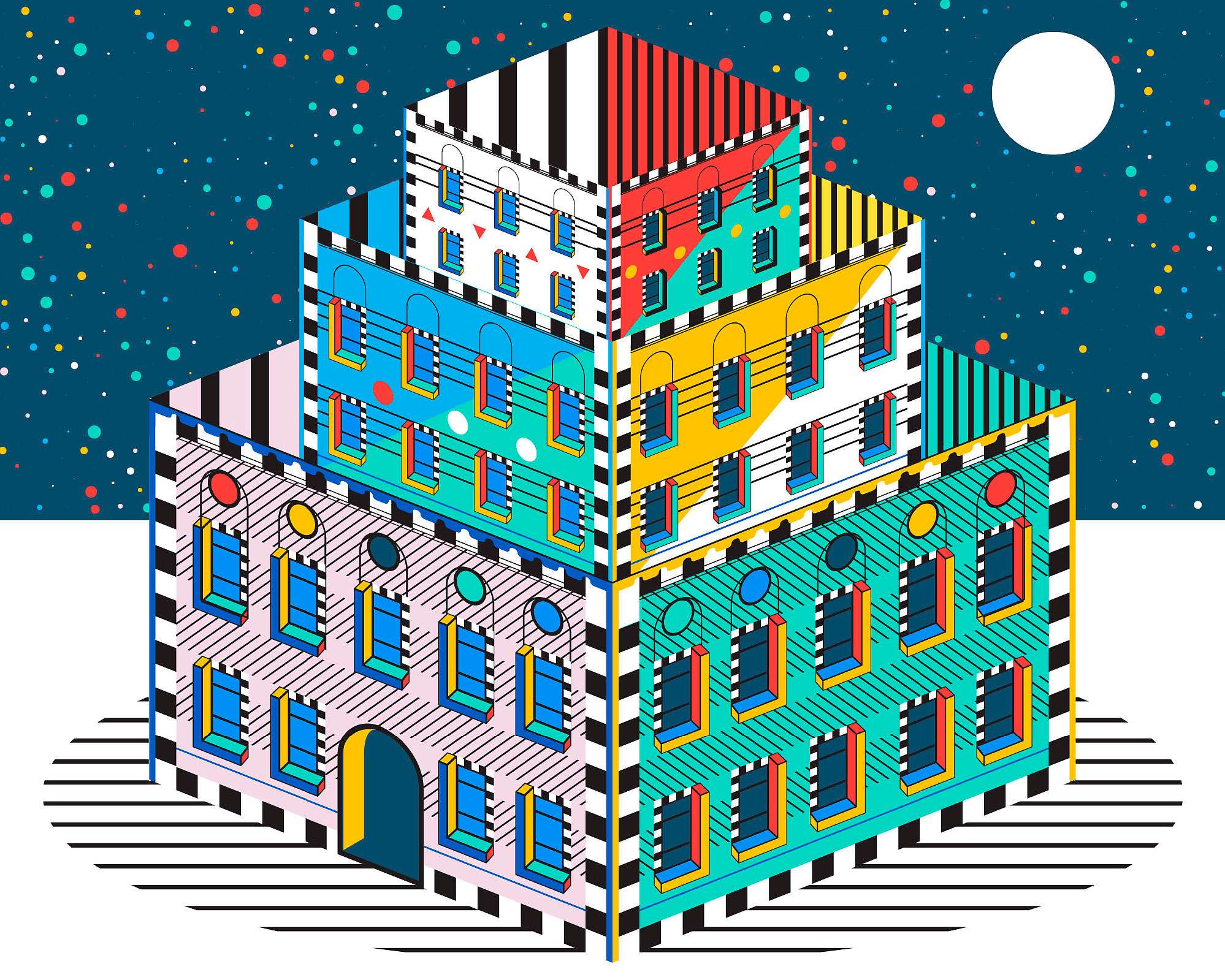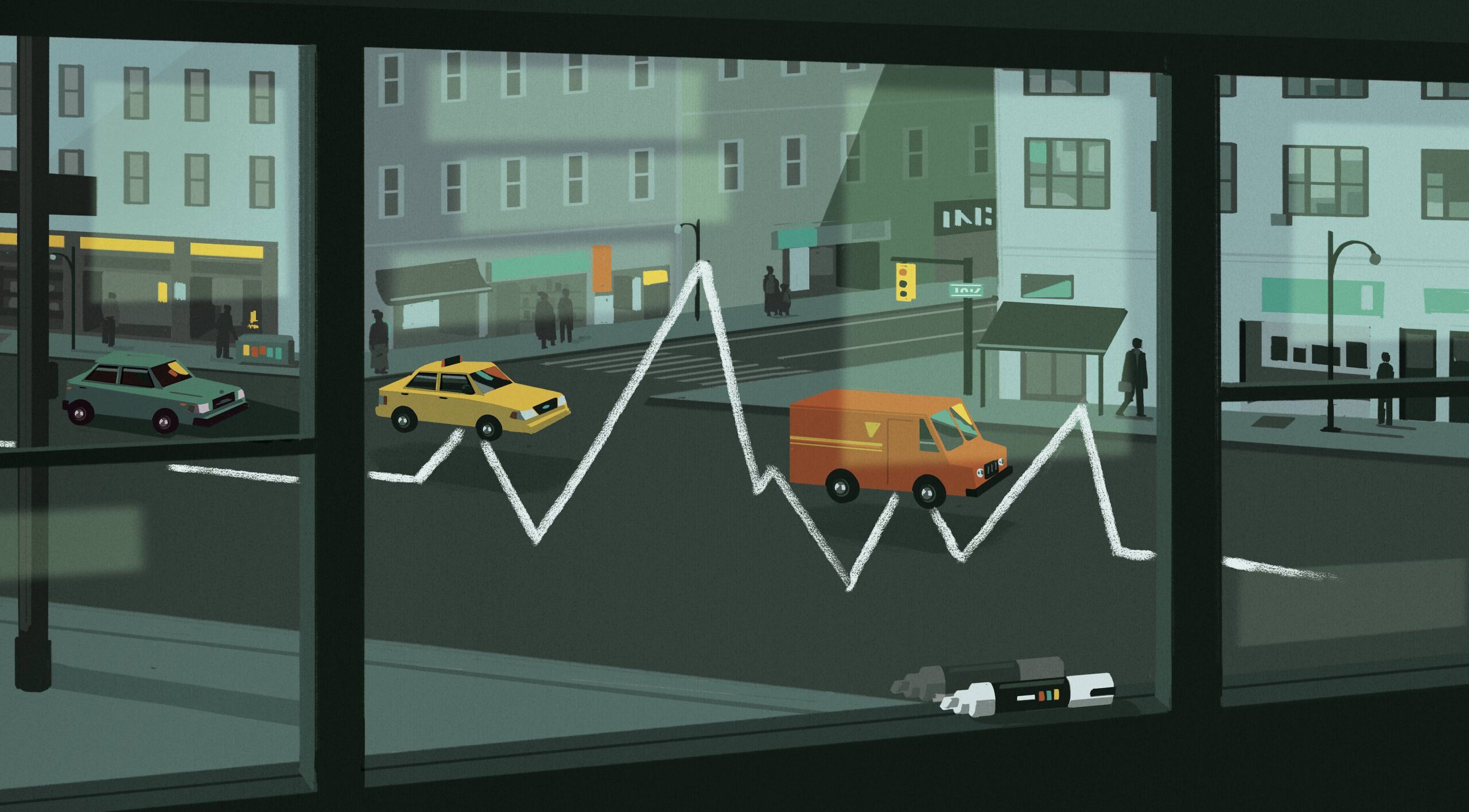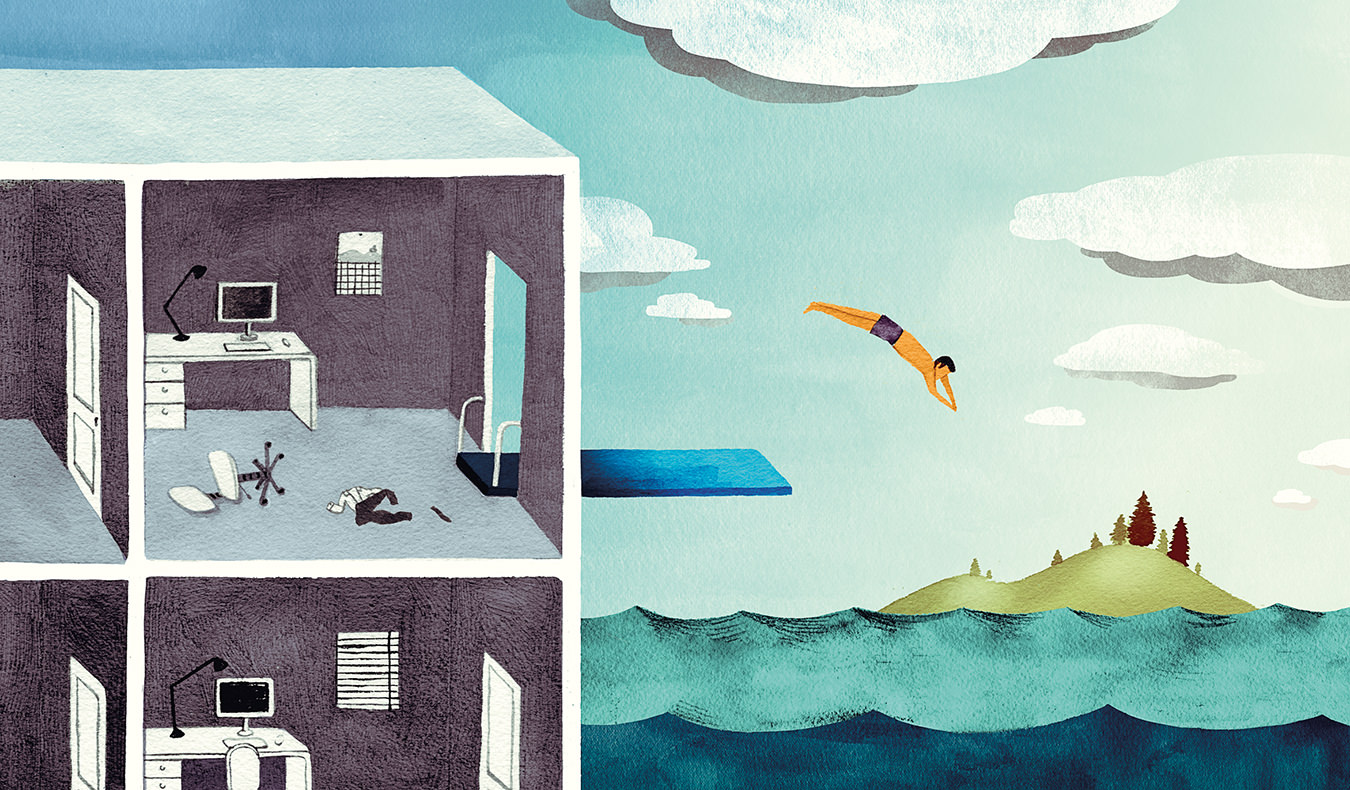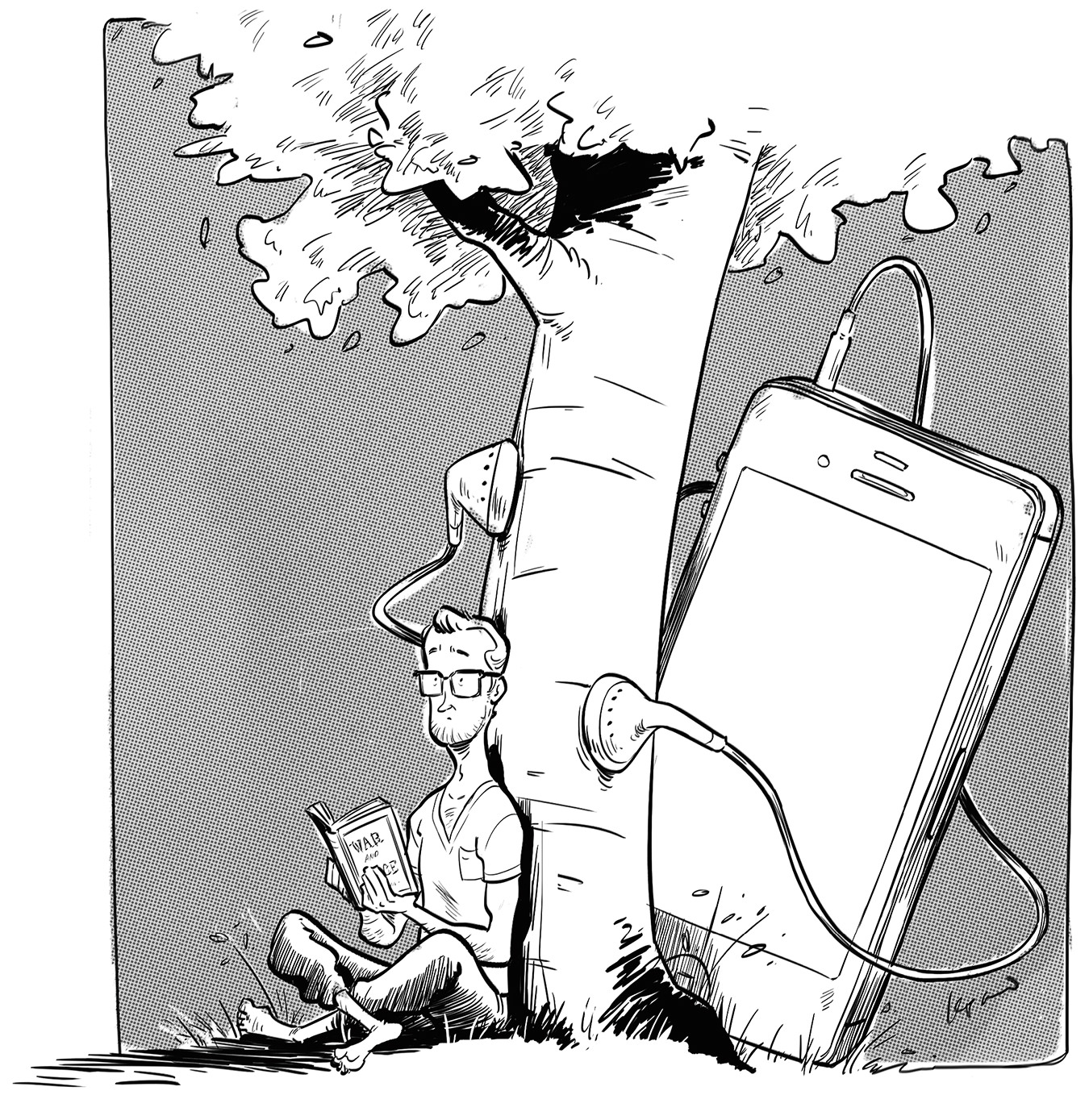
The Rise of the Permanent Pop-up
Staying power.
Despite our increasingly short attention spans and throwaway culture, it seems at least pop-ups are being designed to last. Call it retail therapy.

Despite our increasingly short attention spans and throwaway culture, it seems at least pop-ups are being designed to last. Call it retail therapy.

Because it has become so easy to write anything and have it seen by countless individuals on one of the microblogging sites, diagnoses of graphomania—the pathological impulse to write—have bubbled up from critics and social commentary. But during the pandemic, we have noticed another, more benign impulse: the eye-watering compulsion to use charts and graphs to understand reality.

What role does the conspiracy theory play in the way we understand the world?

Why do we feel the urge to jump from high places?

For working millennials, there is a general distaste for unnecessary communication—meetings or phone calls that could have been emails instead—but for older generations, there is an element of human warmth to small talk.

As more time passes, each memory becomes a recollection of a recollection, distorting with every iteration like a game of telephone.

FROM THE ARCHIVE: The sand underfoot is white enough to seem like a deliberate cliché. The granules are so fine that each footstep squeaks. The shallows are (of course) a tropical blue-green—enough to make us forget we’re in British Columbia. White foam tops the big rollers coming in off the open ocean. There is nothing between us and Japan.

FROM THE ARCHIVE: There were then two glowing screens atop my desk; three, if you count my yappy little phone. I was a magazine editor at the time—or, as we now say, a “content creator.” Yet I spent my days not so much creating content as reacting to it.

This tiny jellyfish managed to sidestep death and achieve what so many centuries of human culture have romanticized: immortality.